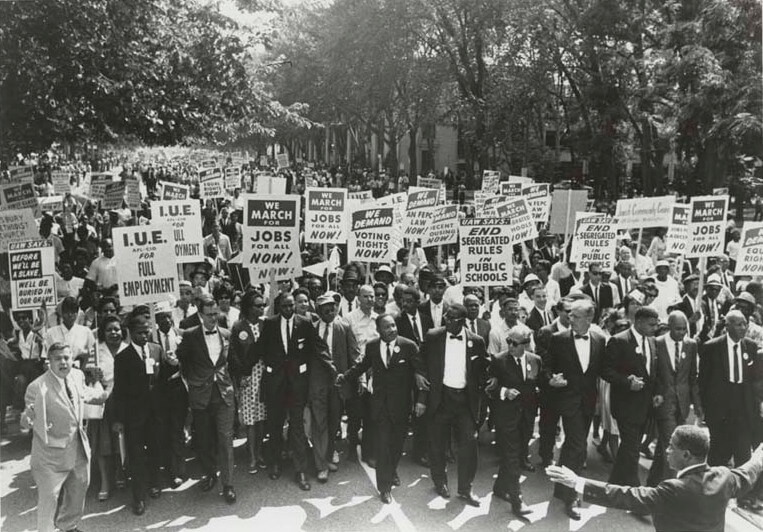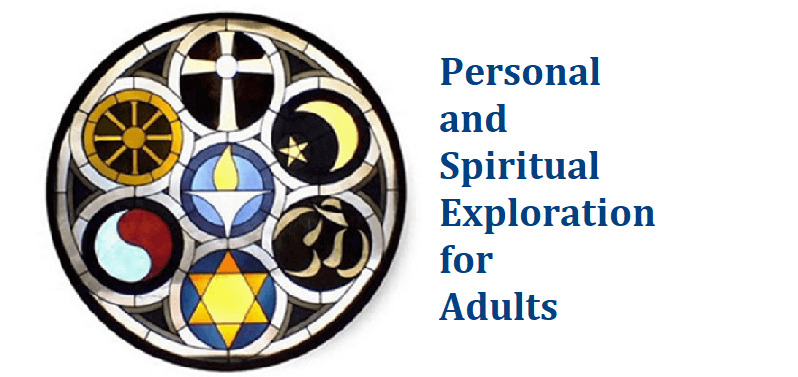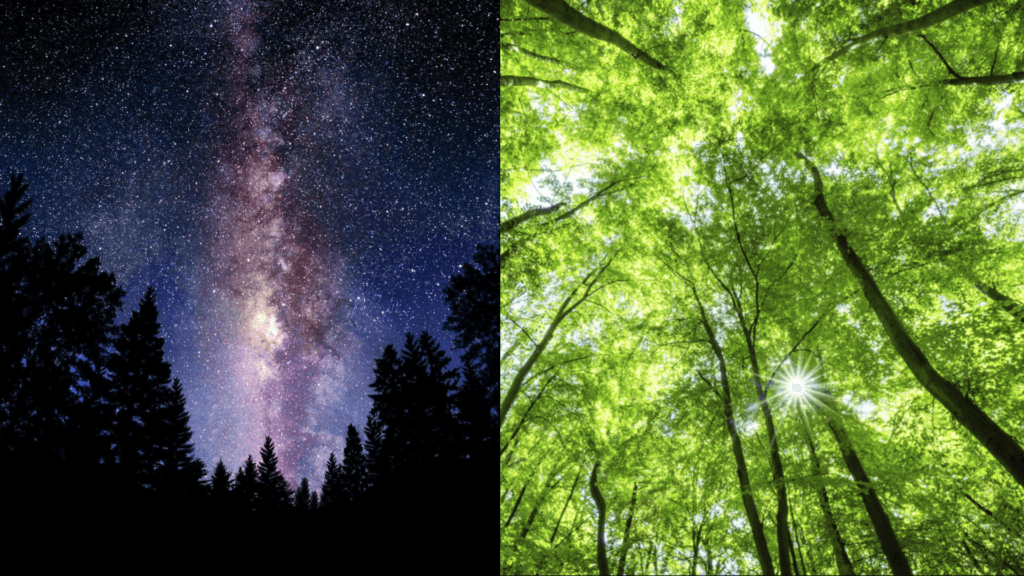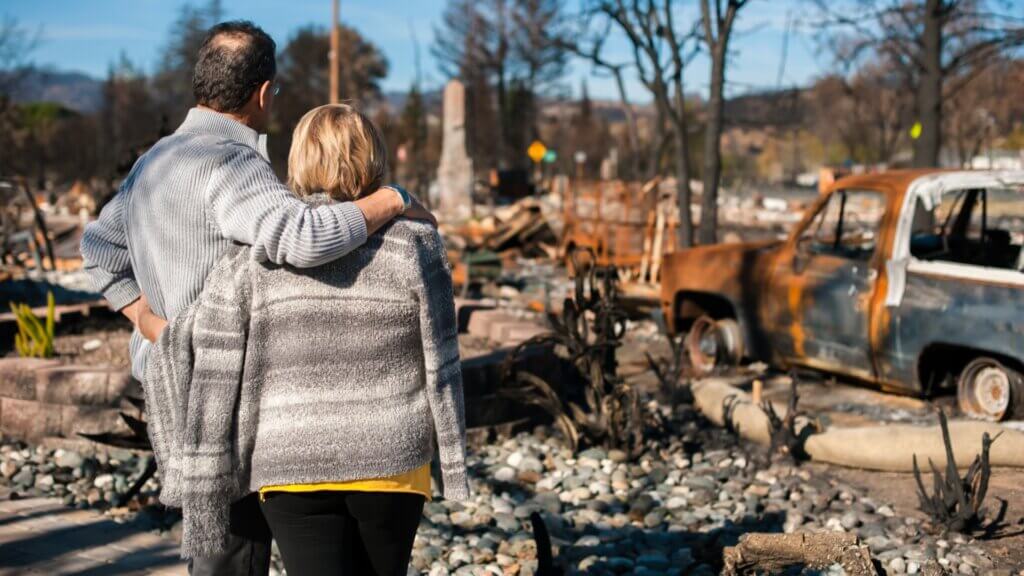At our January Freethinker Forum, AAHS (Agnostics, Atheists, Humanists & Secularists) will look at the unsung legacy of atheists and humanists in the civil rights movement, which is well-known for its religious overtones and the participation of many progressive clergy members. Has history overlooked the influence and legacy of Humanism in this struggle for freedom, which overlapped with the work of many decidedly unorthodox thinkers and radical labor organizers such as A. Philip Randolph?
We will also consider the true theology of Dr. Martin Luther King Jr., which remains little known outside of academic circles. Some recent scholarship from writer Be Scofield on “the unknown faith of MLK” illuminates the deep religious and philosophical thought of a man who communicated in high oratory. He used classical religious imagery and Biblical references, but had some humanistic beliefs about God, Jesus and the arc of justice that might really surprise you.
Join us Sun. Jan 27th from 1PM-3PM in the Cottage.
All are welcome to participate in a lively but moderated discussion where diverse viewpoints are respected and appreciated.
Contact: aahs@uusm.org
AAHS is a local group of the UU Humanist Association (huumanists.org).
More information:
AAHS (Atheists, Agnostics, Humanists & Secularists/Skeptics) is a group that meets monthly (4th Sundays) for discussion and fellowship at the Unitarian Universalist Community Church of Santa Monica (www.uusm.org). All are welcome!
The term Humanism (sometimes known as secular humanism, modern humanism or scientific humanism) was first used as a moniker for a non-theistic, compassionate philosophy or worldview by Rev. John Dietrich of the First Unitarian Society of Minneapolis in 1916, over 100 years ago! The early Unitarian Humanists wrote the original “Humanism and its Aspirations” manifesto and co-founded the American Humanist Association, helping to begin an international movement.
“The time has come for widespread recognition of the radical changes in religious beliefs throughout the modern world. The time is past for mere revision of traditional attitudes. Science and economic change have disrupted the old beliefs. Religions the world over are under the necessity of coming to terms with new conditions created by a vastly increased knowledge and experience. In every field of human activity, the vital movement is now in the direction of a candid and explicit humanism.”
-Humanist Manifesto 1, 1933





